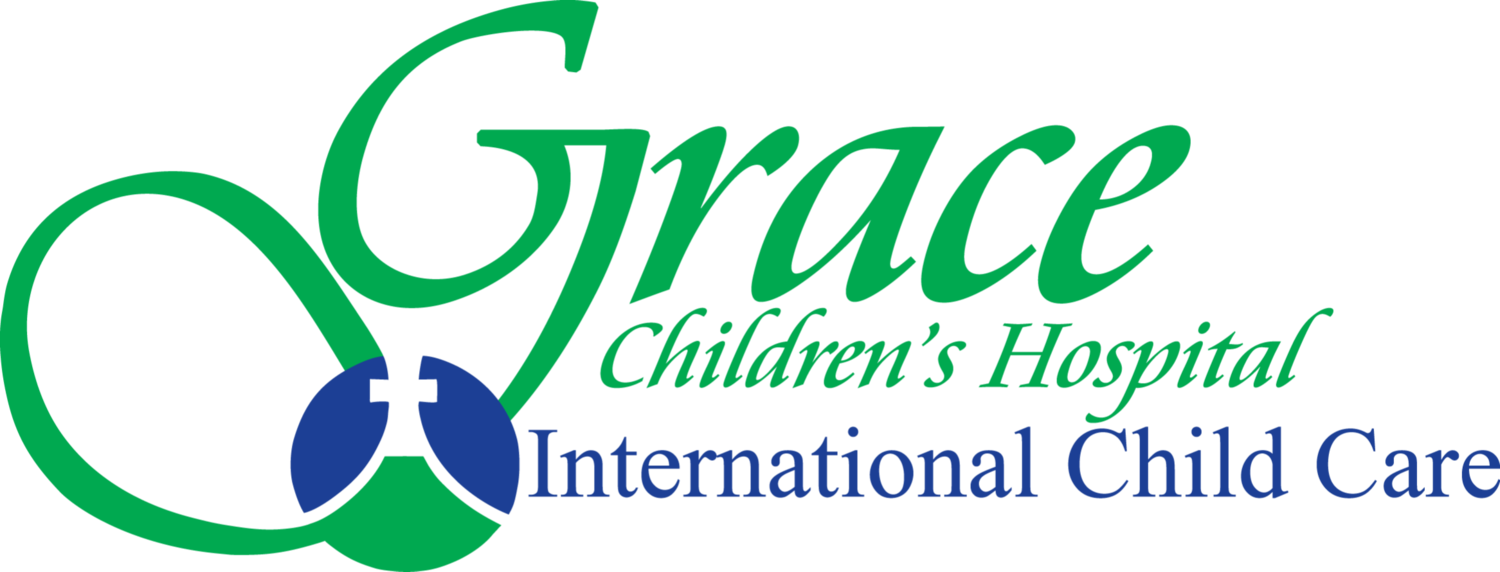Patients with hard to diagnose forms of tuberculosis, can receive prolonged antibiotic treatment at Grace Children’s Hospital & Clinic
Sally Lefevre, a 32-year-old Haitian factory worker and mother, sought care at Grace Children’s Hospital (GCH) in Haiti as a last resort after enduring unexplained back pain for several years. Suffering progressive weakness in her legs, she needed a walker just to get around. Despite seeking care at another hospital and even resorting to alternative treatments by a witch doctor, her condition only continued to worsen.
Robert Walden, a 34-year-old Haitian businessman, tells a similar story. Like Sally, he’d experienced weakness and back pain, as well as weight loss, progressing to a point where his spine began to bend. Wheelchair-bound, he sought care at several institutions and even endured surgery for what was initially suspected to be a spinal tumor but turned out to be an abscess, before being referred to Grace Children’s.
In both of these cases, the real malady was “Mal de Pot” or tuberculosis of the spine, which was positively diagnosed at Grace Children’s Hospital through lab tests. Thankfully, both patients received prolonged antibiotic treatment at the Grace Children’s TB Clinic and today are fully recovered.
Coping with complex cases
Commonly referred to as Pott’s Disease, GCH has seen an increase in such cases as well as other disseminated, hard-to-diagnose forms of TB (including meningitis). Previously considered a disease of children, spinal tuberculosis was thought to have been eradicated in Haiti, however, since the earthquake of 2010, it and other forms of TB have made a resurgence due to displaced people living in crowded tent cities and the reduction of vaccine coverage.
History of TB in Haiti
The battle against TB in Haiti goes back to 1978 with the launching of the anti-tuberculosis crusade (ICC/CAT) under the leadership of International Child Care. This national campaign led to the complete elimination of complicated forms of TB in children (Mal de Pot, Meningitis, etc.). In 1990, this effort was reinforced with the first national program to fight against TB, conducted by the Haitian Government and assisted by the Pan-American Health Organization and International Child Care with the funding of World Bank. At Grace Children’s Hospital, these efforts are conducted under the leadership of the National Director, Josette Bijou, M.D. (see profile on next page). Dr. Bijou states that although progress has been made, TB is still a severe problem for the country.
Battling TB in Haiti today
Though TB has declined some since the 1990’s, Haiti still has the highest rate of active TB cases in the Western Hemisphere. In 2016 the prevalence was 194 cases per a population of 100,000, or about one person in 500. This is 70 times the rate in the U.S., which is about one person in 35,000.
Since TB often strikes patients in the prime of their working years, it exacts a severe financial toll. Because patients are accepted regardless of their ability to pay, GCH offers hope to those without resources.
In this regard, Dr. Bijou is quick to point out that given recent political instability and governmental struggles in Haiti, as well as cutbacks by major funding sources such as the Global Fund, she no longer can count on the level of support she has received from these sources in the past. To continue the battle, a higher level of support from International Child Care-USA is essential.
By Scott Hoyer, M.D., ICC Chairman of the Board


